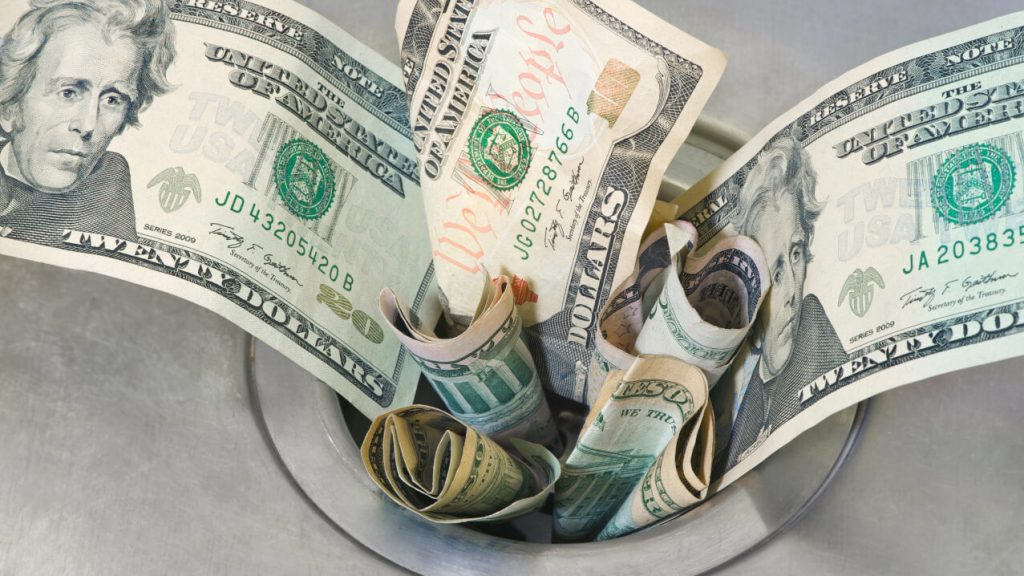
In a world where nearly every traveler is an amateur critic and every booking decision is one click away, your hotel’s online reputation isn’t just a reflection of your service – it’s part of your revenue strategy.
NB: This is an article from TCRM
Subscribe to our weekly newsletter and stay up to date
While positive reviews can drive business, a single bad review, especially if unaddressed, can cause serious damage. But how much does a bad review really cost?
Spoiler: It’s not just about a lost booking.
1-Star Can Equal Thousands in Lost Revenue
Let’s start with the numbers. According to research cited by Revenue Hub, a one-star drop in your rating can translate to a 5-9% loss in revenue per room, depending on your market. In fiercely competitive destinations, it could be even higher.
A Cornell University study found that for every one-point increase in a hotel’s online rating (on a five-point scale), there is an 11.2% increase in average daily rate (ADR), without sacrificing occupancy. It works the other way, too: a poor rating limits your pricing power and can force you into a race to the bottom just to fill rooms.
More Than Just Bookings: The Ripple Effect of Negative Feedback
The cost of a bad review isn’t limited to a lost stay. It can:
- Influence group bookings and event planners, who often check your reputation before making decisions.
- Lead to corporate travel partners removing your property from their list of preferred hotels.
- Undermine staff morale, especially when the feedback points to service issues that could have been avoided with better training or support.
- Push your team to spend more time on damage control, pulling focus from guest experience and operational improvements.
If you’re consistently responding to the same types of complaints, you’re not just risking your reputation; you’re paying for it, over and over.
One Bad Experience Can Travel Further Than a Good One
A common adage in hospitality is that happy guests tell a few friends; unhappy guests tell everyone. In the age of viral social media posts and screenshots, even isolated service failures can snowball into brand-damaging content that outpaces any response. Consider the infamous United Airlines guitar incident, which turned into a YouTube protest video with over 22 million views. It reportedly cost United millions in brand equity and became a cautionary tale in customer service training programs worldwide.
While your hotel may not be a global brand, your guests still have global influence. That single 2-star review? It may appear in search results for months – or even years – to come.




